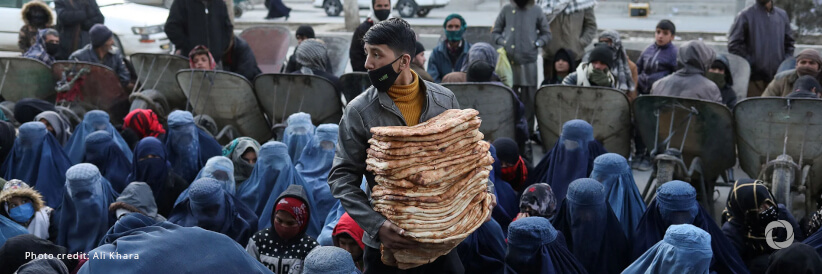The Government of Japan has provided US$4 million to UNICEF for the construction and rehabilitation of 21 solar-powered water supply systems, treatment of malnutrition, and provision of child protection services including reuniting unaccompanied and separated children with their families, recruiting social workers as well as addressing gender-based violence.
As Afghanistan continues to experience economic decline, increased food prices, high unemployment, drought, and food insecurity, about 23 million people – half of them children – are projected to require humanitarian assistance in 2024. This lifesaving assistance from the Government of Japan will reach nearly 200,000 of the most vulnerable children and adults, including those internally displaced by drought and economic hardship.
“This critical package of water and sanitation services, malnutrition treatment, and child protection services reinforces our commitment to the children of Afghanistan, many of whom are missing out on fundamental rights,” said H.E. Kuromiya Takayoshi, Ambassador of Japan to Afghanistan.
According to the 2023 Multiple Indicator Country Survey (MICS), 12 million people in Afghanistan still do not have access to safe drinking water and 42 per cent of water points are damaged or dried up due to the prolonged drought. Drought and economic hardship have had a devastating effect on food security putting an estimated 2.8 million children under-five and 1.1 million pregnant and breastfeeding women at risk of malnutrition.
“With thanks to committed partners like the Government of Japan, the humanitarian response has largely averted a catastrophe for Afghanistan’s children. Yet they are not yet out of the weeds. UNICEF is grateful for the people of Japan’s support to give Afghan children hope, a fair chance to grow up healthy and to develop to their full potential,” said Mr. Fran Equiza, UNICEF Representative to Afghanistan.
This new funding will build on the Government of Japan’s previous assistance in education, water, sanitation and hygiene, prevention and treatment of malnutrition, health care, and strengthening child protection services.

